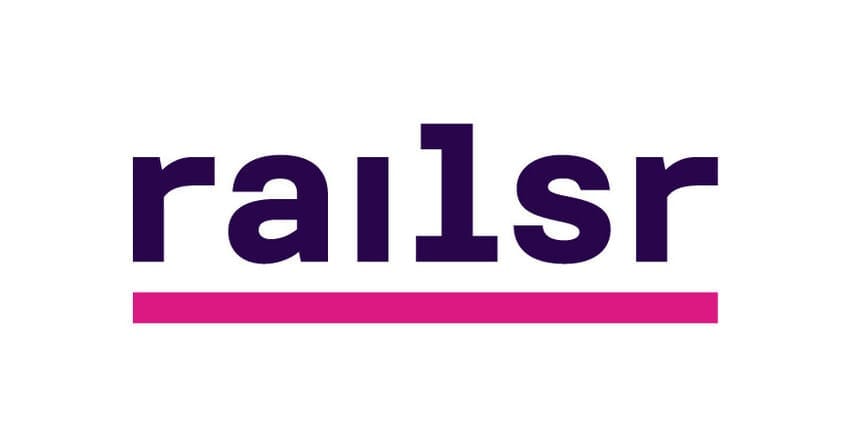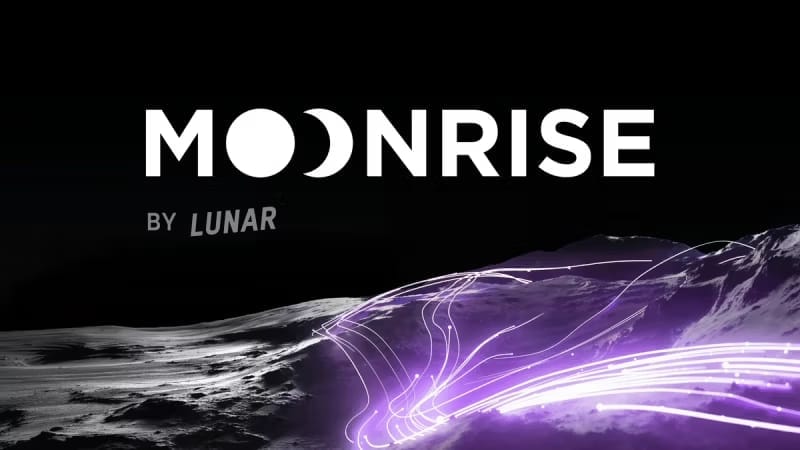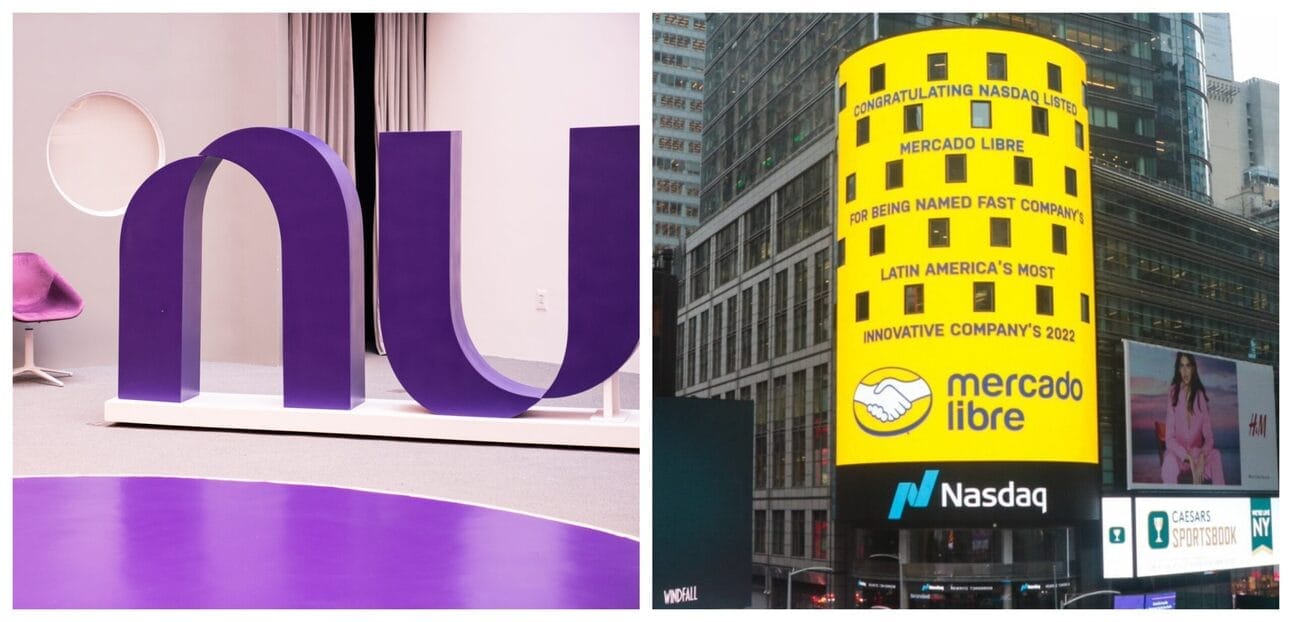Welcome to Embedded Finance Review. I make embedded finance more accessible with the weekly newsletter, biweekly podcasts, and events.
This newsletter went out to {{active_subscriber_count}} subscribers. If you want to support my work, you can upgrade to premium or become a sponsor.
Hi {{first name|embedded finance friend}}
I thought the last week before Christmas would be relatively slow with the news. But I couldn’t have been more wrong. I cover five fascinating stories in this newsletter but could have included even more. But hey, at least I have some material for the first edition of 2025 ;-)
That being said, this is the last ‘normal’ newsletter in 2024. I plan to send another personal newsletter between Christmas and the New Year. In it, I will share insights into my newsletter, podcast, and event activities and give a small outlook for 2025. Expect this to be sent on Friday, the 27th, or Saturday, the 28th. Stay tuned!
This editon covers
- British BaaS Railsr merges with Equals Group
- Danish neobank spins out infrastructure unit
- Frontend provider Flow partners with Adyen
- Mercado Libre vs Nubank: Can embedded finance win against fintech?
- Cyber safety company acquires MoneyLion
- Short stories
And now let’s dive in 👇
Advertisement:
Your Voice AI Agent, Just a Few Clicks Away
Need a calling assistant that handles routine tasks like lead qualification and booking appointments 24/7? Synthflow has you covered with a library of pre-tested AI Agent templates tailored to industries like real estate, healthcare, and more. These ready-made solutions let you launch quickly—and if you’re feeling innovative, you can design and sell your own templates to earn extra income!
Railsr’s owner buys another fintech company, plans a merger and more

What happened: British Railsr was one of the poster children of the banking-as-a-service boom over the past years (when it was still called Railsbank). But when the tide turned, the company couldn’t make it, and it ended in a firesale to different investors. And the story does not end here. Last week, the same investors that bought Railsr acquired Equals Group with the support of two private equity firms (Finextra; Fintech Futures). Equals Group provides an expense management solution, including a card and an international transfer offering primarily targeting businesses. The new owner plans to merge Railsr with Equals Group and aims to create a new service provider targeting different fintech and embedded finance verticals.
My comment: In German, we have the idiom ‘those who are declared dead live longer', which appears to fit perfectly with Railsr. Railsr closed a £24 million funding round earlier this year, so the company was more than just alive. However, the new announcement puts another scale to it. Our reader and podcast guest, Shaul Davids, who worked previously at Railsr, pointed out the possibilities in his LinkedIn post: Equals Group has a payment licence in the EU (Belgium) and a partner bank in the US. Railsr has operated in both markets already but had to pull back. Is this now the chance to re-enter these markets, perhaps even with an improved offering?
This acquisition seems very promising on paper, but many challenges lie ahead. Mergers are never easy, and the banking-as-a-service landscape remains complex. It is also unclear what customer profiles the new company aims to target. That said, Railsr appears to have gotten a new chance to win embedded finance.
Danish neobank Lunar spins out banking infrastructure unit

What happened: Danish neobank Lunar spun out their technology unit to enable fintech companies and non-financial brands to offer banking products in the Nordics (Fintech Futures). Lunar was founded in 2015 and is one of the most successful fintech companies in the Nordics. It operates in Denmark, Sweden and Norway, with over 500,000 retail and approximately 15,000 business customers. Lunar started in June 2023 to offer its technology to other companies, including Swedish payment provider Trustly and Lithuania’s Saldo Bank. The unit is called Moonrise, and Lunar likely expects to get more visibility for its technology effort with a stand-alone unit (Moonrise website).
My comment: The Nordics are an exciting market for many fintech companies because of their high digitization and adoption of mobile phones and the internet. While the population is an interesting target, entering these markets is difficult. Denmark, Sweden, and Norway have a combined population of approximately 22 million. However, due to their currencies, entering these markets often requires three different setups (Finland is frequently excluded because of the Euro). Lunar has cracked these markets, making them a relevant provider of these services. But it will be interesting to see how the two ventures will play out alongside each other. We have seen other companies attempting the same, and it’s not always easy as the nature of business is very different.
Side note: Some publications refer to Moonrise as Lunar's banking-as-a-service unit. However, a banking-as-a-service provider offers the technology and regulatory framework via a licence. While Lunar has a bank licence in Denmark, Moonrise seems to be ‘only’ delivering the technology and has worked only with companies with a licence. Therefore, the correct wording (at least today) is banking and payment infrastructure unit instead of BaaS.
Dutch Flow partners with Adyen for a new embedded banking proposition
What happened: Dutch banking frontend provider Flow announced a partnership with Adyen (LinkedIn). Through this partnership, non-financial brands can leverage Adyen’s banking-as-a-service stack and use Flow's prebuilt frontend solution instead of building their own frontend.
My comment: I have been following Flow for a long time, going back to interviewing one of their co-founders in Clubhouse (Do you remember Clubhouse? 😉). Back then, Flow was a B2C Fintech with an app initially focused on consumers and later on freelancers to help them organise their finances leveraging sub-accounts and “if-this-then-that” features (Flow’s B2C website). Earlier this year, Flow pivoted into the B2B space, enabling other businesses to offer a similar feature set (Flow’s B2B website). Flow seems to target companies with freelancers and/or small business customers that currently do not offer banking products. Adyen is an excellent partner, but Adyen’s focus on larger customers with volume requirements might also create some challenges for Flow. That being said, frontend providers like Flow can be the missing provider for some companies to make the move into embedded finance.
An e-commerce company and a neobank go head-to-head in embedded finance vs. fintech battle

Context: With the rise of embedded finance, there is often the underlying question of whether embedded finance is ‘better’ than traditional fintech offerings. In Latin America, we are currently seeing two companies head-to-head that represent this question perfectly: Brazilian Nubank is the biggest neobank in Brazil and likely one of the biggest success stories of a neobank in the world. On the other side is Mercado Libre, an e-commerce provider headquartered in Uruguay that operates in 18 different countries. I covered Mercado Libre’s different fintech activities in the past.
My comment: This PYMTS article highlights the competition between the two very different players: both companies have been highly successful over the past few years and are targeting similar countries. With the further push of Mercado Libre into the world of embedded finance and fintech, the two companies face some unusual competition. Mercado Libre is also not shy of the competition, claiming that it “can become the biggest digital bank in the Latin American market.”
Cyber security company acquires a B2C fintech startup

What happened: The US public fintech company MoneyLion was acquired by Gen Digital, an identity protection and cyber security company with dual headquarters in the US and Czech Republic (Finovate). Gen Digital was founded in 1982 and went public in 1989. It is better known for its products, such as Avira and Norton. Gen Digital paid $1 billion for MoneyLion, marking its first move into offering financial services to its customers.
My comment: I am spending a lot of time in embedded finance, but a cyber security company acquiring a B2C fintech company was not on my bingo card. Gen Digital has a broad range of brands; in a way, you could say MoneyLion is another brand in their portfolio. While MoneyLion is not sustainably profitable, it has shown significant progress towards it. This means Gen Digital could grow MoneyLion and keep it a stand-alone brand. That being said, I am curious to see if MoneyLion is just meant to be another brand in their portfolio or if they plan to leverage the power of embedded finance and embed MoneyLion’s capabilities in some of their other brands. With the rise of frauds and financial scams, perhaps Gen Digital and MoneyLion’s vision is to combine cyber security and financial protection in one product offering.
Short stories
- German investment infrastructure service provider Upvest announces $ 100 million funding (Fintech Futures; CEO Martin Kassing on LinkedIn)
- Chinese Ant deepens payment ecosystem with AI-driven embedded finance solutions (Fintech Finance News)
- Vertical SaaS provider Service Titan (I covered their fintech stack recently) went public, and its shares grew by 40% after public trading (LinkedIn).
- Walmart's fintech company hits $2.5 billion value, an omen for banks (American Banker).
- Former Acting Comptroller of the US regulator OCC says we should expect 'radically different' regulators from the US government (American Banker).








